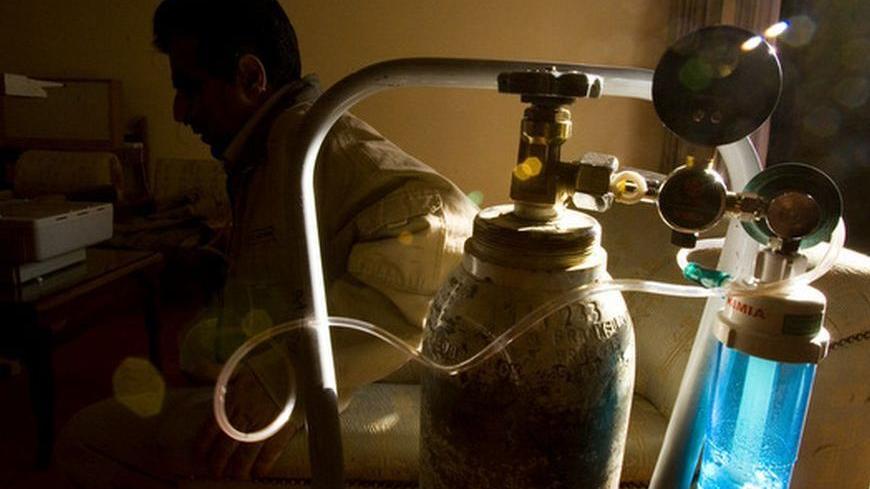While most Americans and the US foreign policy elite were focused on last week’s final presidential debate, a small office within the US Treasury Department, without fanfare, rewrote regulations governing key aspects of the Iranian sanctions.
New rules issued Oct. 22 by the Office of Foreign Assets Control (OFAC) — named the Iranian Transactions and Sanctions Regulations — implement sanctions contained in last year’s National Defense Authorization Act and Executive Order 13599, which required American institutions to freeze the assets of the Government of Iran, the Central Bank of Iran and all other Iranian financial institutions. However, in an unexpected move, the regulations now permit US companies to sell certain medicines and basic medical supplies to Iran without first seeking a license from OFAC.


